If you purchase products or books I recommend from Bookshop.org after clicking on the links in this post, I might receive a commission of 10% of the purchase price. The commissions help fund the cost of hosting this website. I also link to other retailers that do not give me a commission. I only recommend items that I personally love. I always thoroughly research products and books before recommending to make sure they are high quality and relevant to my readers. Read more in my Privacy Policy and Disclosures.
Farsi Alphabet (اَلِفبایِ فارسی – álefbãyeh farsee) Learning Activities for Kids of All Ages
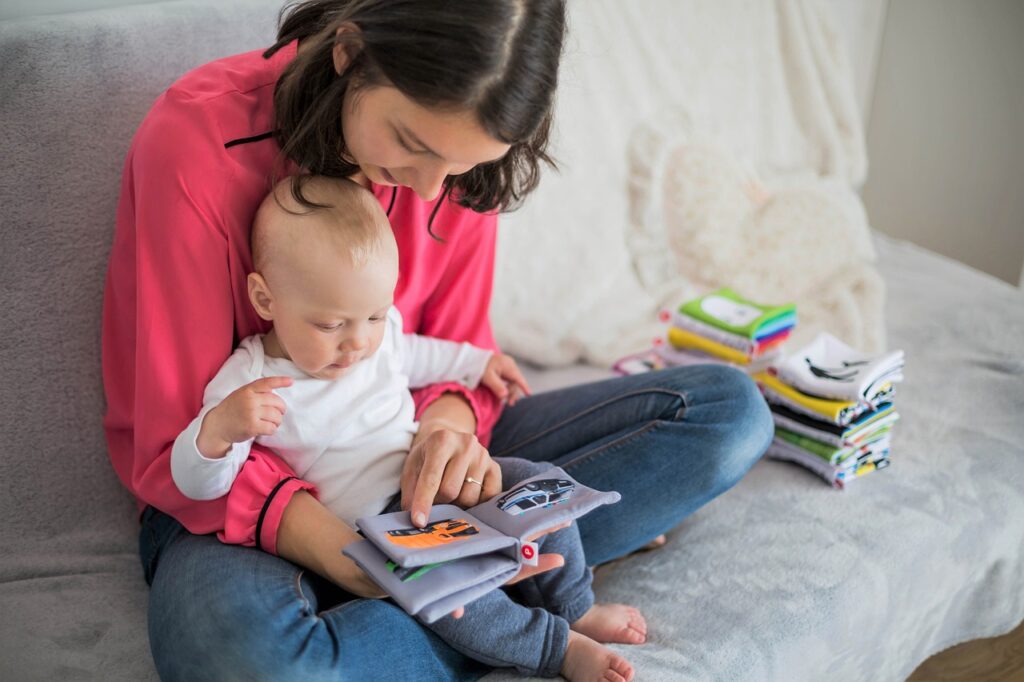
The first priority is always to form strong bonds with our kids…
My goal with Little Farsi Books is to support Farsi learning (second) and support intercultural families (first). To further those goals, here are some learning activities to pair with A Little Farsi Alphabet Book, that are also great for any early learning content! We do these types of activities in three languages: English, Farsi, and German. We are more consistent in Farsi and English, and that’s okay. We don’t have to do this perfectly. This isn’t school. The first priority is always to form strong bonds with our kids, model a learning mindset, and create positive associations with books, our cultural backgrounds, and heritage languages.
Activities for Babies and Toddlers
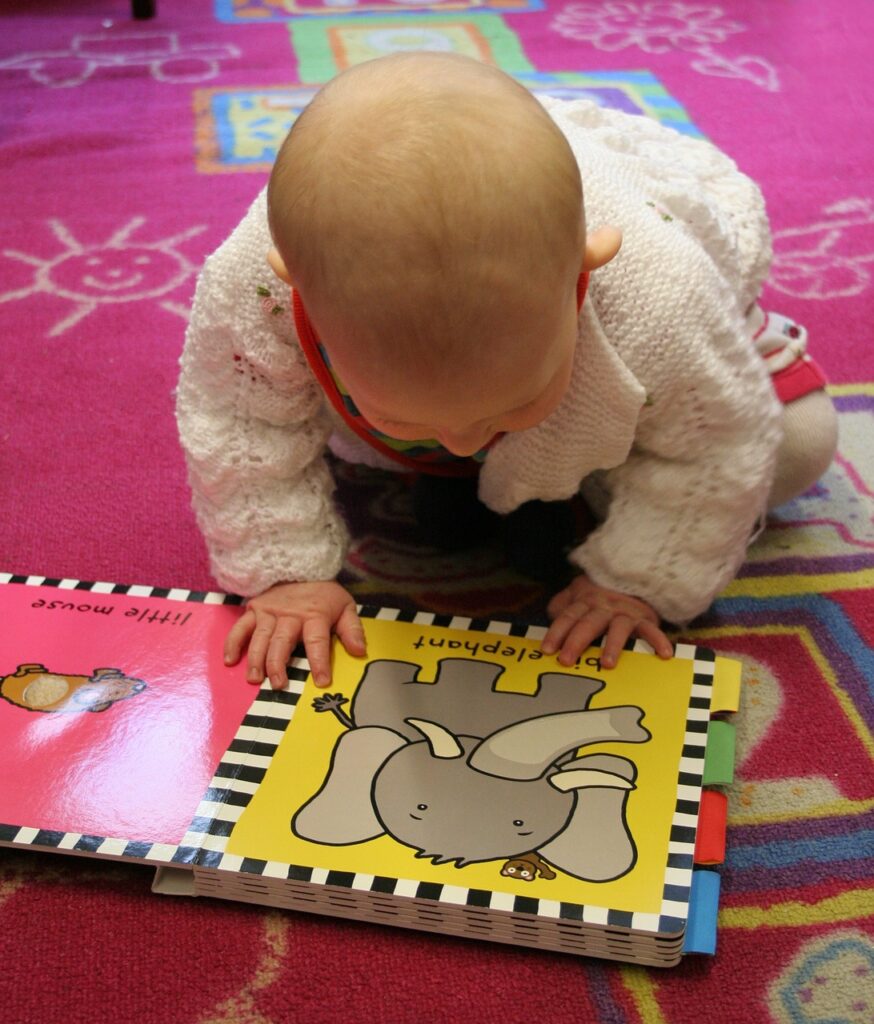
Work those muscles and build neural connections between images and sounds!
While doing tummy time or sitting up with prop pillows, prop the book open in front of them. The visual interest keeps them from complaining about the muscle workout as much. When they lose interest in a page, turn to the next. If they’re transfixed by a certain page, keep it open as long as they maintain interest.
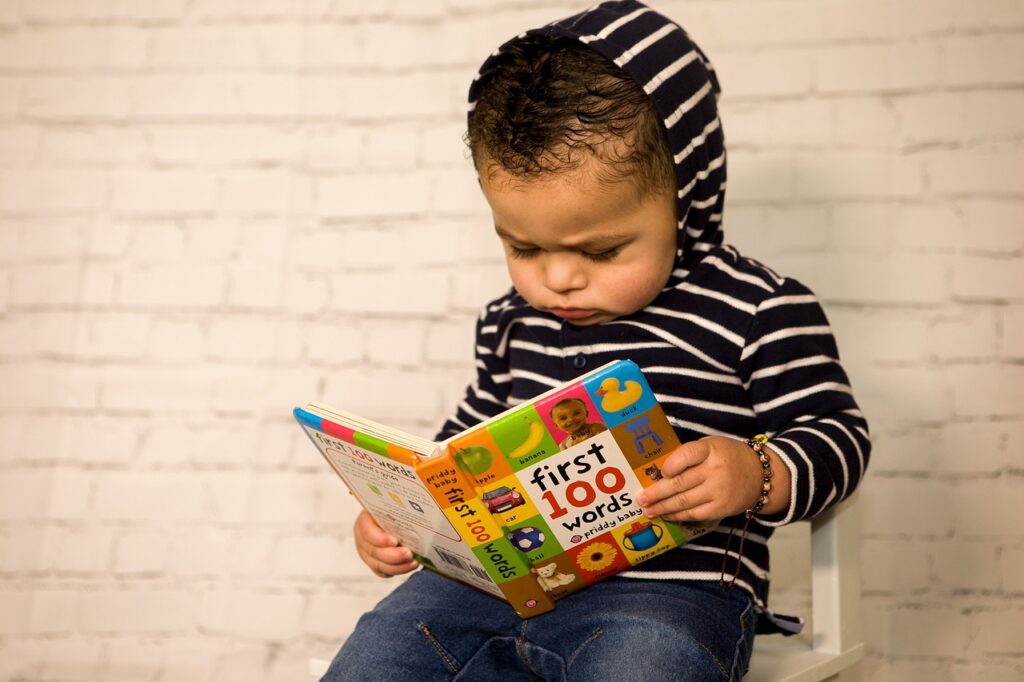
Family reading time!
1-5 minutes at a time is plenty for infants. Toddlers might last longer, but don’t worry about finishing the book. It’s more important to spend the time together and follow their interests, because forcing them to sit and finish every page might make reading feel like a chore – and then they won’t do it for fun later on.
Open up the book where you left off. Point to the letters as you name them, and trace their shapes with your fingers (or theirs, or use their little feet for extra silliness).
Speak to them about what you see. If you’re fluent enough in Farsi, you can say things like “gãf mesleh gãv! chee mee gay gãv? Moo!” or if not, just practice the vocabulary interspersed with English sentences – “gãf is for gãv! What does gãv say? Moo!”
Any level of practice is good for your learning, and the exposure to the sounds of spoken Farsi words and letters will help little baby brains connect meaning to those sounds later.
Plus, hearing the Farsi sounds that don’t exist in American English, like غ (gheyn, a glottal stop or tiny pause) or خ (kheh, a gutteral sound like the German ch at the end of Bach), can help babies better hear and make those sounds themselves later on. If you’ve never heard a “kheh” sound spoken, it can be hard to learn! (Just wait until your baby starts babbling “khekhekhe” like a little growling tiger!)
Activities for Older Kids

If you’re staring over their shoulder while they try to write, it might feel too much like school and less like a fun game.
Matching!
Pair the alphabet book with a set of Farsi alphabet blocks or flashcards (or you can do this with two sets of flashcards. Englisi Farsi has a great free printable for this!). As you match the blocks, build a tower that gets higher with each success!
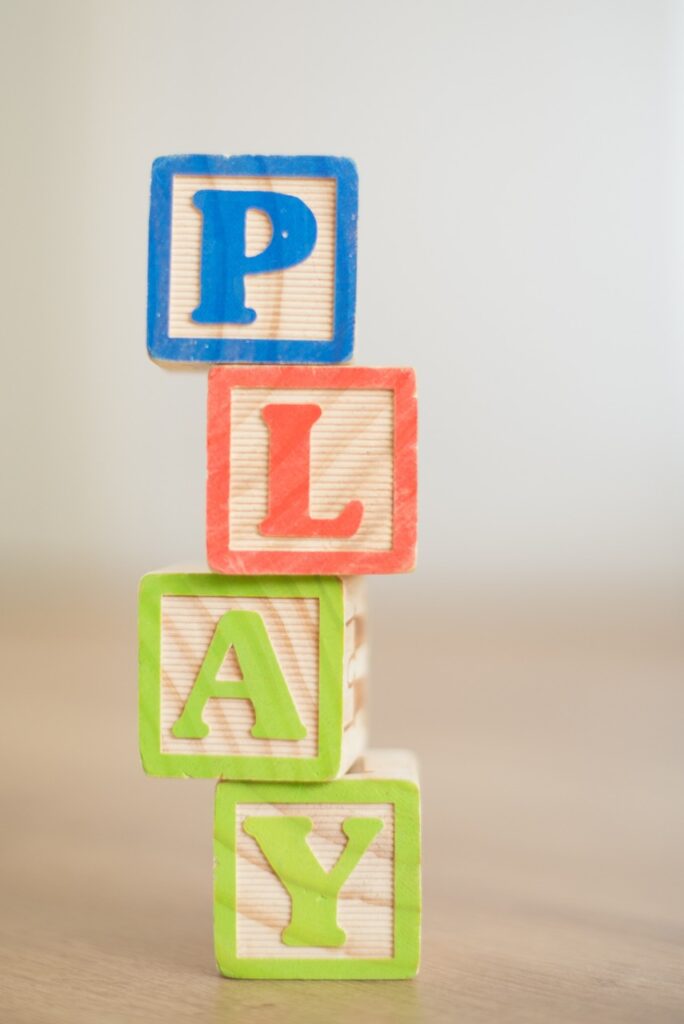
- Level 1: You say the name of and show the Farsi letter, and your child matches it to the correct block.
- Level 1.2: Reverse! Grab a random block and search the book to find its name and sound.
- Level 2: You say the name of the letter out loud, but don’t show it. They find the matching block.
- Level 3: You say the sound the letter makes, and they find all the blocks with letters that make that sound (some sounds are repeated with multiple letters, like ‘z’ = ذ ز ض ظ).
- Level 4: You say the name of the example word (like ãb), and they sound out the first letter in the word (you may need to help them work through it: “aaa-b.” What letter sounds like “aaa”? Álef!) and find the matching block.

Make it your own!
Help your child write a big Farsi letter on a blank paper. Invite them to make the letter into a picture of a word that starts with that letter, just like the pictures in the book. They could use the same example words from the book, or think of others.
Take names of people in the family (or celebrities, book characters, etc) and ask your child how they might spell it in Farsi letters – remind them to start at the right side of the page, and they can flip through the book to find the right letter sounds. (Because some sounds have multiple letters they could choose any of the letters that makes the correct sound. I recommend not correcting them if the name is usually spelled with a particular letter in Farsi but they choose to use a different letter that makes the same sound. It’s a game to learn letter sounds, not school!) Based on the letters before and after, help them discover if the letter should be connected or not to the letters before and/or after it, and write down the correct form of the letter. You might want to do this while you are occupied with something else – writing your own practice words, reading, cooking, etc. If you’re staring over their shoulder while they try to write, it might feel too much like school and less like a fun game.
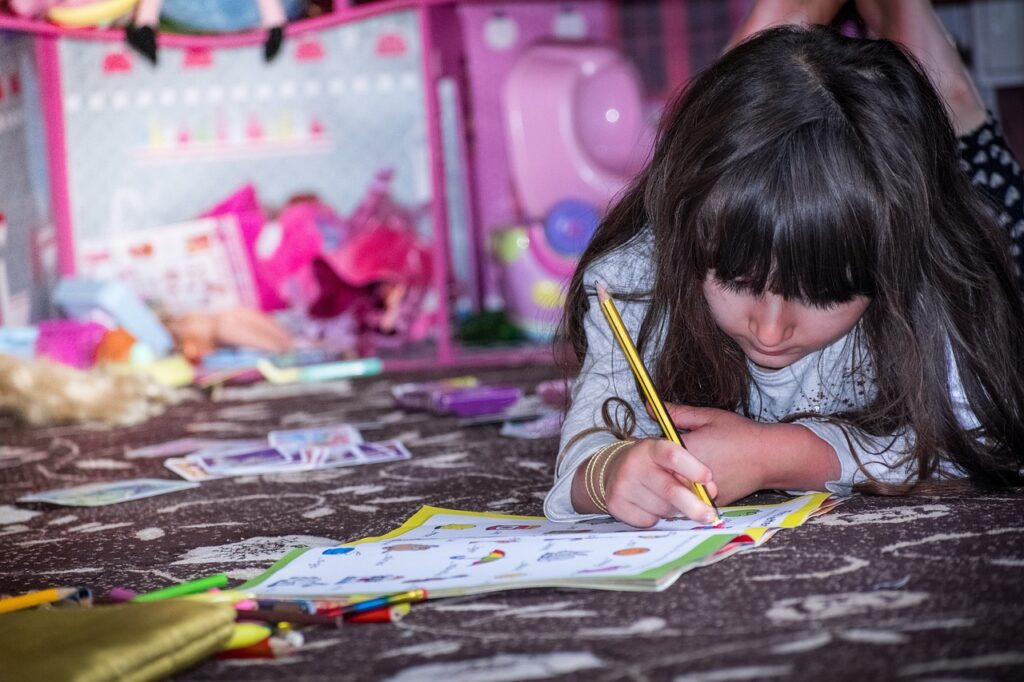
What are your favorite Farsi learning activities?
I hope these suggestions help bring some joy into your playtime, with the added benefit of learning Farsi together as a family! Do you have any activity suggestions you’d like to share with my readers? Favorite learning resources or strategies to recommend? Send me an email (maia@littlefarsibooks.com) or contact me with this form!
